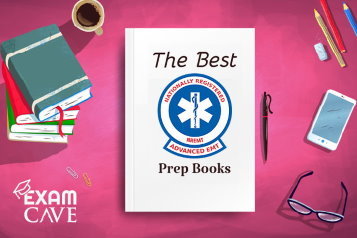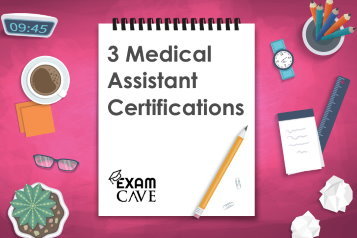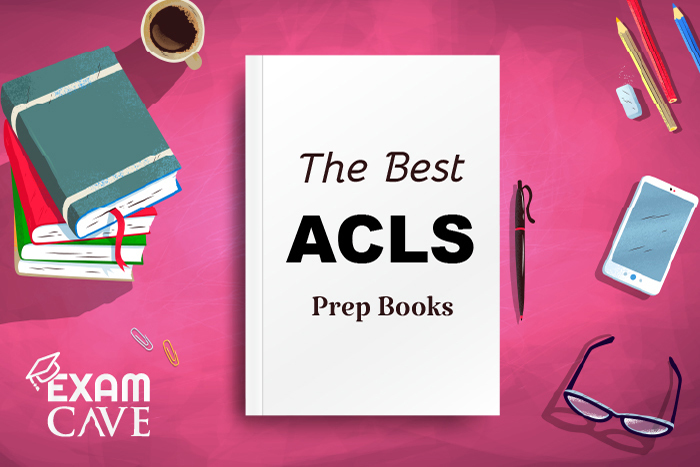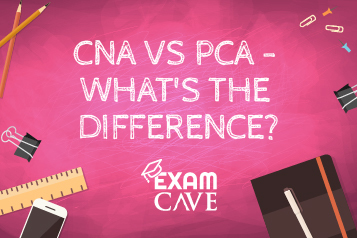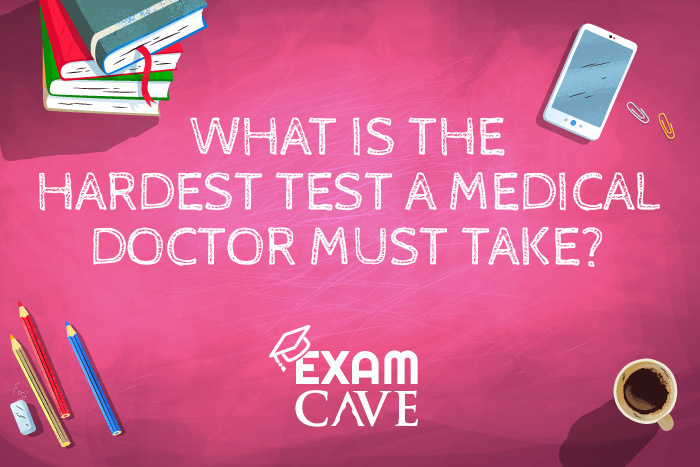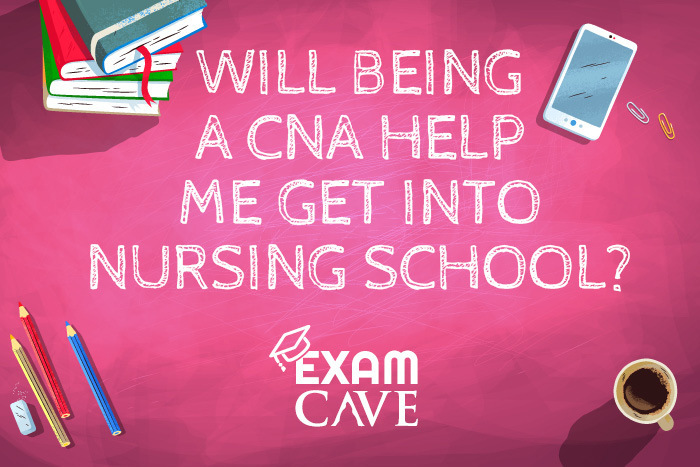Healthcare Exam Cave
What Are the Requirements for a Career in Healthcare?
Are you interested in pursuing a career in healthcare? If so, there are many different opportunities you can choose from. According to the Bureau of Labor Statistics, the healthcare profession is expected to grow fifteen percent in the next ten years.
There are also lots of different ways you can go about starting a career in healthcare. In general, the best thing you can do to start your career is to stay in school. Some healthcare jobs require only a high school degree, while others will require a medical degree.
Once you decide which part of the healthcare field you want to work in, you can determine the exact path you should follow in school. More specifically, you can figure out which degrees you need. In general, though, you should take classes that can help you in your career.
What Do You Need to Work in Healthcare?
If you think you may be interested in a healthcare career, you should take classes related to the field. Science classes such as biology, anatomy, and other life sciences can best prepare you for a career in healthcare. Your grades will also factor into your ability to work in healthcare, so study hard and learn all that you can!
Working in healthcare administration usually only requires a high school degree. You will also receive on-the-job training. These jobs may not pay as much as other jobs in the field of healthcare, though.
Degrees You’ll Need to Work in Healthcare
If you want to earn more money, you should get your bachelor’s degree. There are so many career opportunities, from nursing to health administration. Getting your bachelor’s degree will also give you more chances to network before joining the healthcare field.
Some of the highest-paying healthcare jobs require you to have your master’s or doctoral degree. Earning your master’s degree can provide you even more career opportunities.
So if you are interested in working in areas such as speech pathology or public health, you will need to go to graduate school.
Doctoral Programs, Standardized Tests, and Med School for Healthcare Careers
You will probably have to take a few standardized tests, such as the Graduate Record Examination (GRE) or the Graduate Management Admissions Test (GMAT), to get into graduate school. When you apply to a specific program, make sure you take whichever test they require.
If you apply for a doctoral program, you will have to take other standardized tests. Depending on the program you apply to, you may take tests like the Medical College Admission Test (MCAT), the Optometry Admission Test (OAT), or the Pharmacy College Admission Test (PCAT).
If you want to get into medical school, you will need to get a bachelor’s degree first. The good news is that you can get into medical school with any bachelor’s degree. Even people who major in business or art as an undergraduate can get into healthcare graduate programs.
Specialty Skill Sets for Careers in Healthcare
Different healthcare jobs also require different specialty skills. Overall, healthcare workers usually need a background in science to succeed in their profession. However, healthcare professionals also need other common skills to join the healthcare field.
You cannot learn these skills from a textbook. These skills come from practicing and working in any professional setting. One of the best places to learn these skills is by going to school.
Writing Skills
Healthcare workers must know how to translate complicated information into terms that are easier to understand. It may also help to have neat handwriting so you can communicate with anyone who reads what you write.
Verbal Communication Skills
Very rarely do careers in healthcare use only written communication. If you want to succeed, you should be able to clearly and accurately explain information to others over the phone and face-to-face.
Reading Comprehension
Working in healthcare isn’t just about reading and writing information. You also have to be able to understand the information you share with clients.
Organizational Skills
Working in healthcare can be stressful. You need to be able to focus while you work even if there are distractions around you.
Problem Solving Skills
In any job, there might be times when a supervisor is not around to point you in the right direction. That is why you must be able to come up with an action plan on your own. You should be able to handle any situation that may come your way.
Support and Empathy Skills
Working in healthcare means caring for a lot of patients and clients. Sometimes these people will be faced with stressful situations. You must empathize with your clients to help make them feel better.
You don’t have to have a degree to be kind to someone. Just show them your support and be there for them.
Clinical Skills
Having specialized knowledge does help when you work in healthcare. Practice working in the clinical setting before deciding if you want to pursue a career in healthcare.
First-Aid Skills
Of course, having basic first-aid knowledge can also come in handy when working in healthcare. That way, if there is an emergency, you can react accordingly.
Degrees or Certification for a Career in Healthcare
As mentioned, working in healthcare may not always require you to earn certain degrees. However, it may require you to get certain certifications or licensures. Certifications and licensures are two different things.
Healthcare workers receive certifications from third parties. You earn certifications by participating in programs that allow you to demonstrate your knowledge or performance in a job. Licensures are regulated by the government.
Healthcare workers receive licensures after they are approved to practice in a certain discipline. Licensures prove that healthcare workers can legally work in their field. Both certifications and licensures have to be renewed regularly.
This means that healthcare workers have to continue their education even after they have received the necessary certifications and licensures. Legally, employers have to require licensure. Employers usually require certification to show that people are dedicated to their career in healthcare.
Certifications for healthcare workers are available to clinical and administrative professionals. Healthcare workers may get certified specializations such as medical billing, medical assisting, health care administration, and diagnostic imaging.



